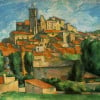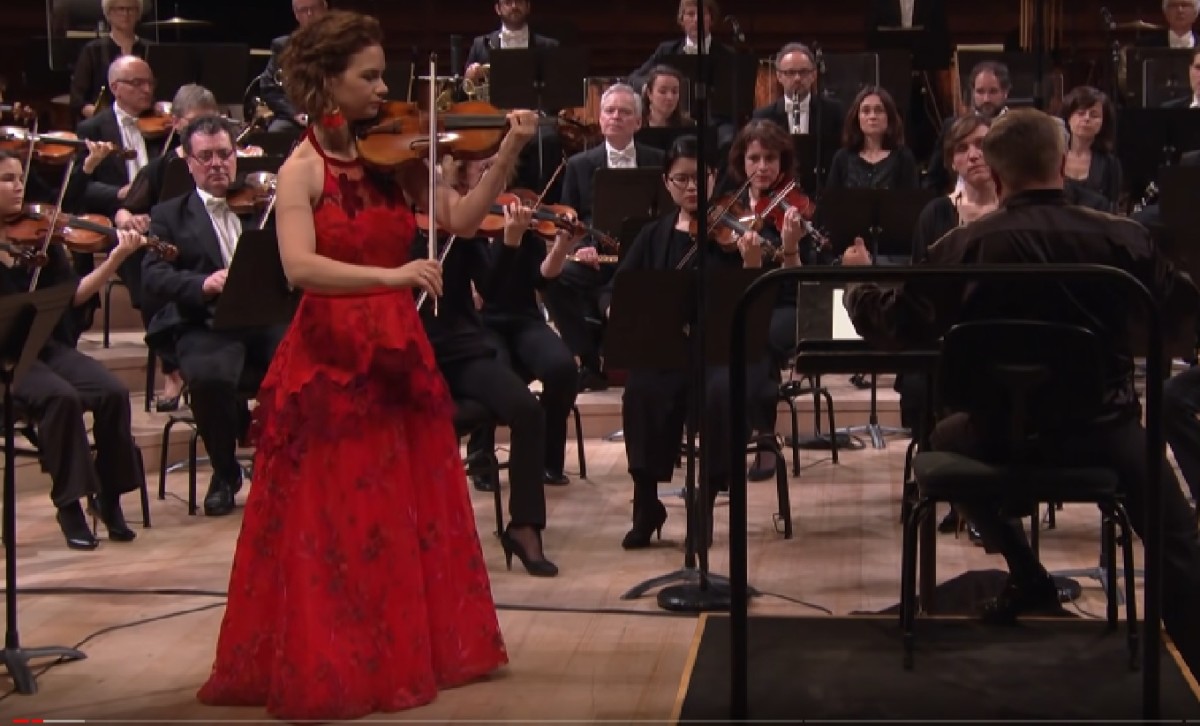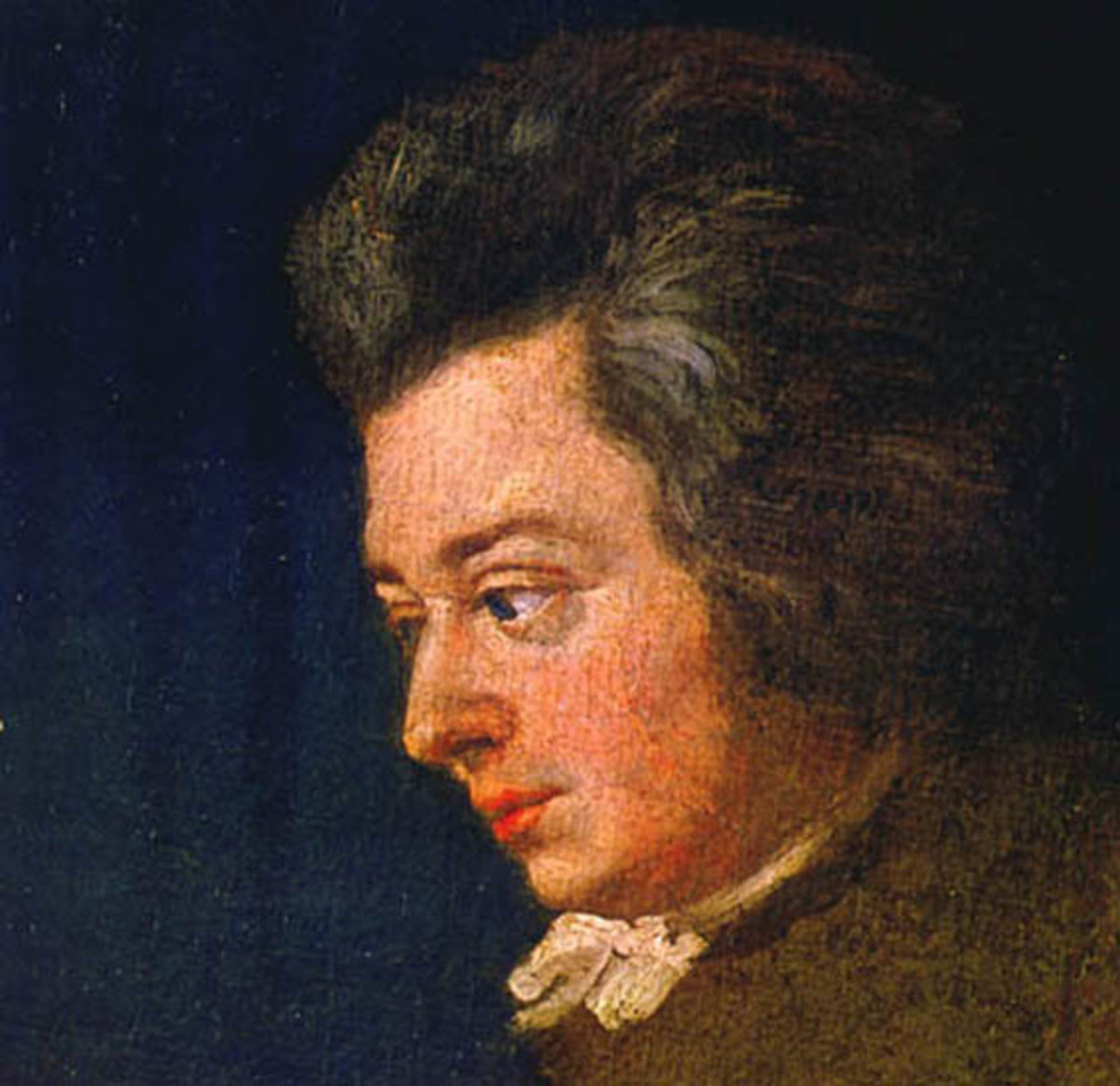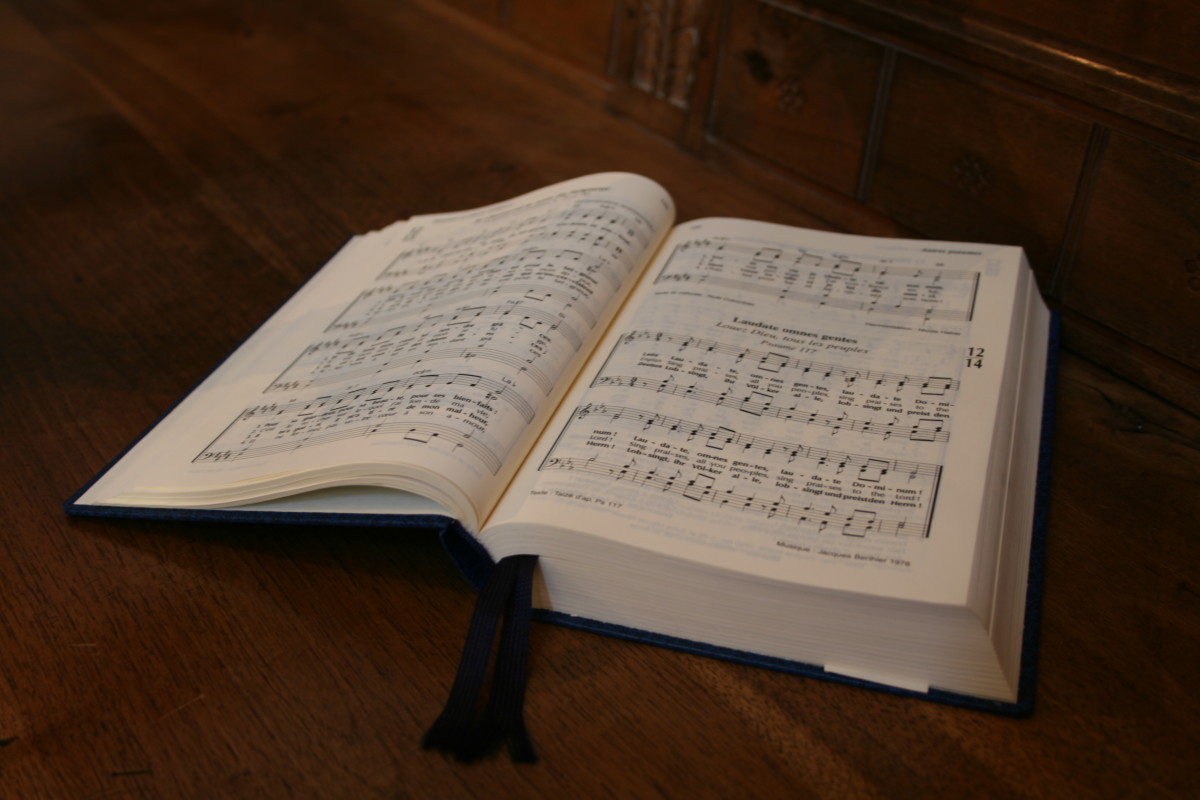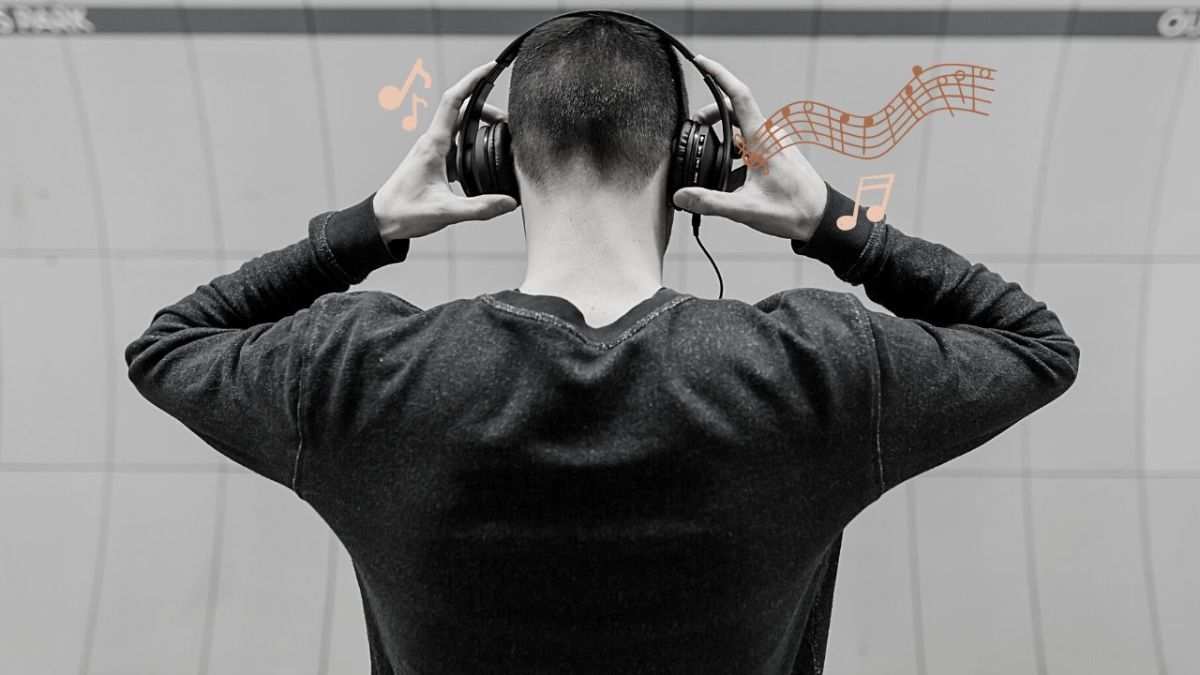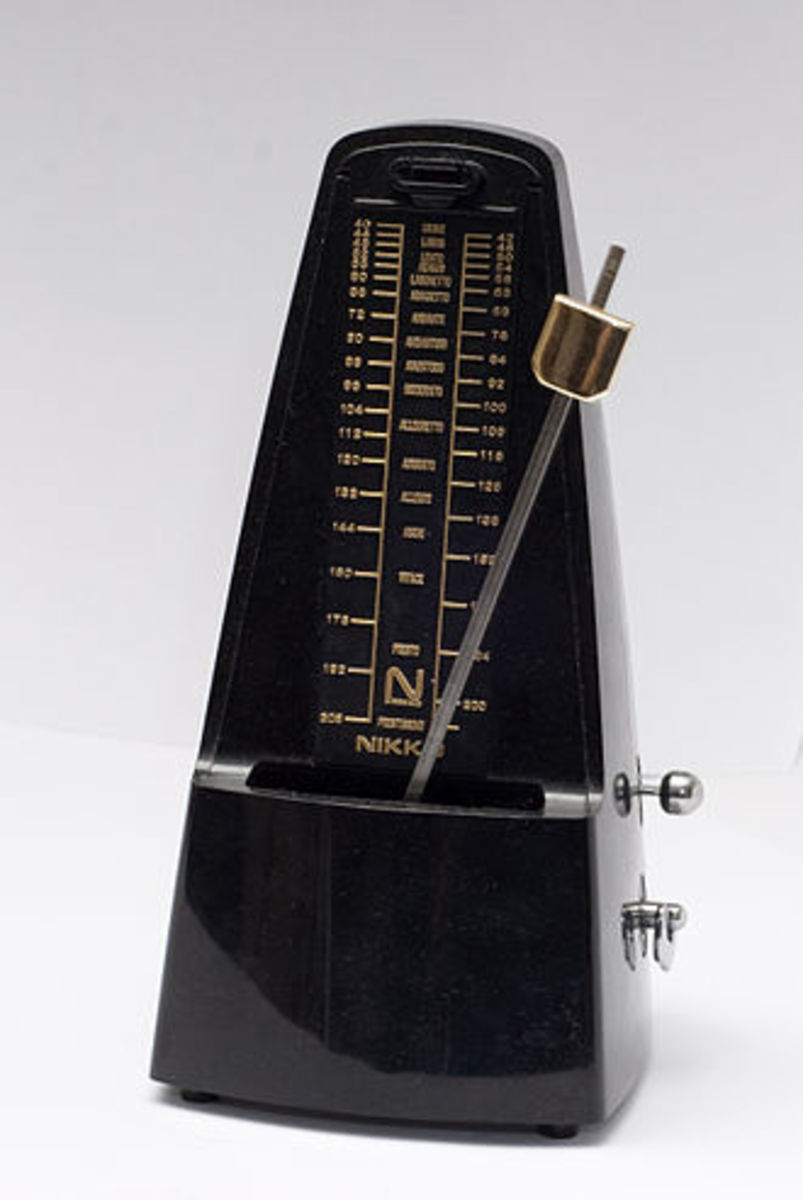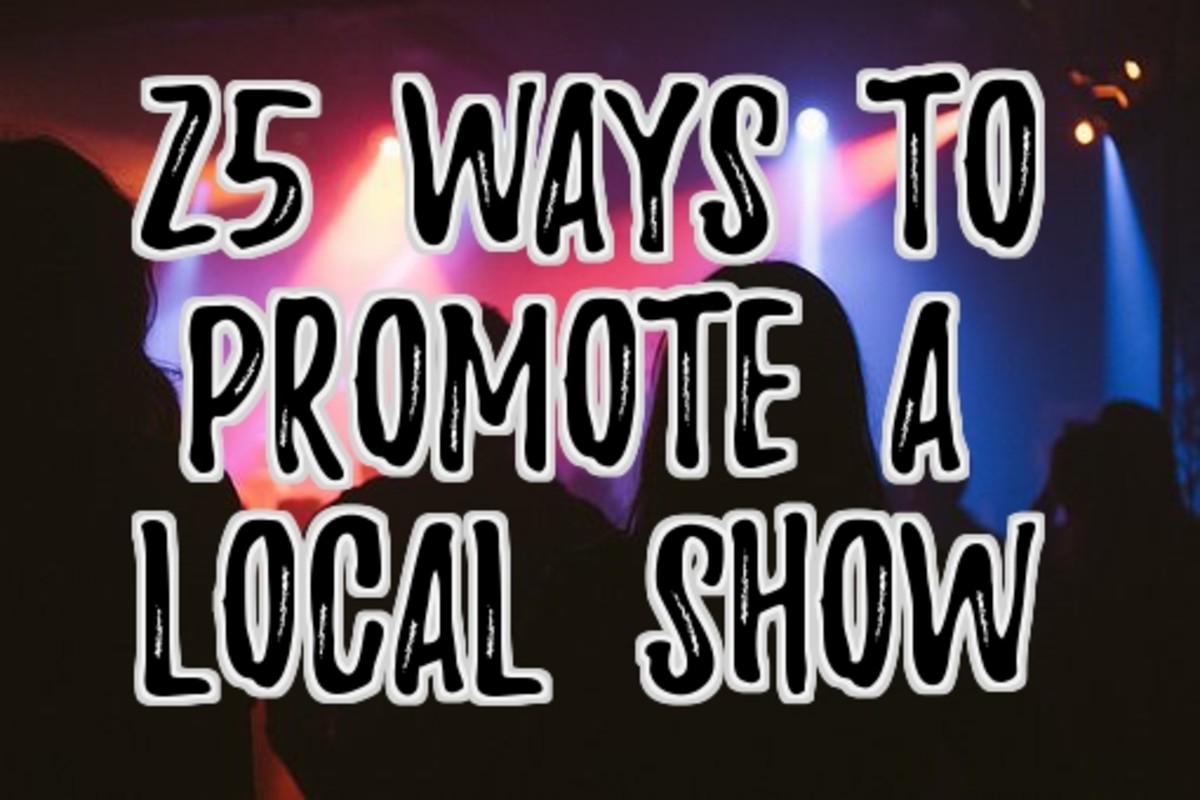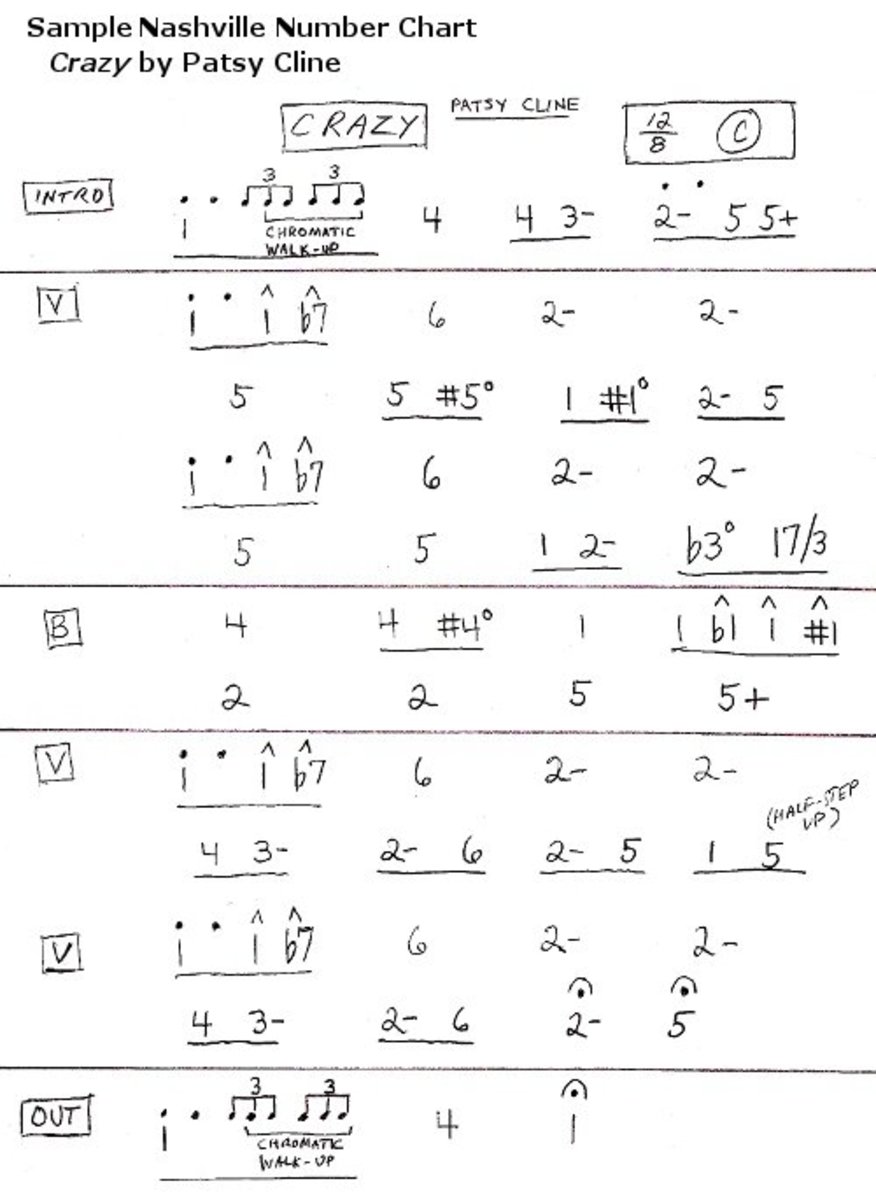How to Attend Your First Classical Music Concert or Opera Performance
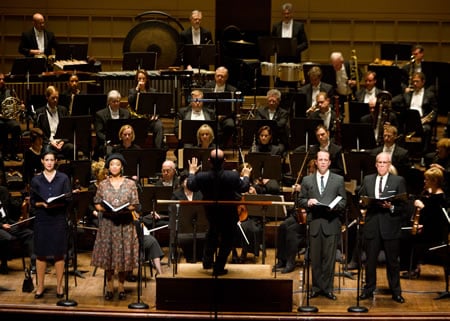
Don't be Intimidated!
If you have never attended a classical music concert or opera performance before, you may find that you have a certain level of discomfort. Part of this may be in your perceptions that classical music (and its audience) is stuffy and outmoded, or elitist, and part may be that you don't know how to act and are afraid that people will look at you disapprovingly. While clearly the standards for behavior are not the same as at a concert of more modern music, the standards for behavior are not difficult to learn and understand. So don't be afraid to go and have a great time!
If you think you've never heard classical music or opera before, you'll be surprised. Many popular songs are based on melodies appropriated from classical music. In addition, you've heard it used in commercials, movies, and jingles all your life. You just didn't know it was classical music or opera until now.
A Lover's Concerto (Based on Bach Minuet in G)
Classical Music Concert Etiquette: What You Need to Know
- Dress: No, you don't have to wear white tie, or black tie, or even a suit. Anything you would wear to church, to work in an office, or to a cocktail party with friends is fine. Traditionally, the custom of wearing truly formal dress was reserved only for opening night at the opera. The general rule of thumb is, don't wear anything that would distract the musicians, so please no fluorescent colors, no dazzling jewelry that could blind a musician's eye if the light catches it, and ladies might want to be careful of their necklines.
- When to applaud: You'll be given a program when you enter; look at it before the concert begins. If there is a multipart work, such as a concerto or symphony, it's traditional to wait to clap until the end of the complete work, and not just clap whenever there is silence. If you are in doubt, there is a simple trick. Look at the conductor. If her or his arm is up in the air, holding the baton (the little stick used to conduct the orchestra), wait to clap. When she or he drops her/his arm to her/his side, clap away! Why? Classical music aficionados like to take a moment to hear the echoes die away; die-hard music nuts will even consider the amount of silence between movements as part of the interpretation of the work. And because this kind of music is so complex, it takes a little while for our brains to process how the piece has ended. When the piece has ended, it's traditional for the conductor to recognize the hard work of the orchestra: the soloists, the sections, and then the entire orchestra. Be prepared to clap for a long time! (At the end, as the musicians are individually or colllectively recognized, it's perfectly acceptable to cheer, or otherwise make a lot of noise!)
- How to enjoy the music: If you are not familiar with the work, you may find it helpful to read about it beforehand, and even listen to parts of the piece, or even the whole piece, before you hear it live. After all, we go to modern music concerts expecting to hear songs we are already familiar with, so don't be concerned; having listened to the classical music on the program beforehand won't lessen your enjoyment of it. Remember the concert program I told you about earlier? This has useful information about the pieces, you will hear, often including the biography of the composers, something about what was happening in the world when the pieces were written, and what to listen for. Look over this before the concert begins, and at the intermission (if there is one). Think of it like a baseball game; the more you know about baseball, the more you'll enjoy the game. The same is true for classical music!
- Noise: At classical concerts, spectators are asked to keep noise to a minimum. Please make sure to silence cell phones, and don't text or tweet except at intermission (and certainly don't take calls). If you must talk to someone, try to wait until the intermission, or at least until the music has ended; take emergency phone conversations into the lobby, and exit with as little fuss as possible. If you feel like tapping your toes, you can do so inside your shoe. And it's almost a given that you'll just absolutely have to cough at the quietest and most intense moment, so take along a cough drop or two, and partially loosen the wrapping before the concert begins so that the crinkling of the wrapping won't disturb others. Then when you feel that tickle in your throat, you'll be ready with your cough drop.
How many classical music concerts have you attended?
Vesti La Giubba?
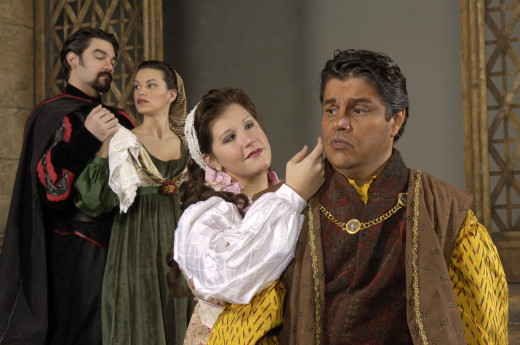
Opera Joke
At a performance, a soprano received multiple calls of "Encore" from the entire audience, and she obligingly sang her aria several times. After a few times, though, she pleaded with the audience to let the show continue. From the back, she heard her coach shout, "You'll do it again and again until you get it right!"
At the Opera
- Things are a bit different at the opera: audiences tend to be just a bit rowdier. Cheering and clapping at the end of spectacular arias (songs) is traditional, and orchestras and cast will stop the action until the applause dies away. Traditional cheers include "Bravo!" for solo male singers; "Brava!" for solo female singers, "Bravi!" for more than one male, or male and female singers together, such as a duet; and "Brave!" (two syllables) for a female group of singers. You may also shout "Encore!" (meaning "again"), or "Bis!" (meaning "twice"), but don't actually expect the singer to repeat the song.
- Clapping between acts is expected and appreciated. Laughter during a humorous part is certainly welcome!
- Preparation, by reading about the opera and listening to some of the highlights, will help increase your enjoyment. You'll be able to concentrate more on the music, costumes, and acting, and less on reading the subtitles or surtitles. And yes, most operas are in foreign languages, but these days, most performances give the words in English. Because the words tend to repeat, the titles won't repeat, so don't worry, because you're not missing anything!
- Dress: unless it's opening night, whatever you would wear to church or a dress-up party at a friend's house is fine. Opening night was once traditionally formal dress (white tie) or informal dress (black tie); today a dark suit will suffice.
How many operas have you attended?
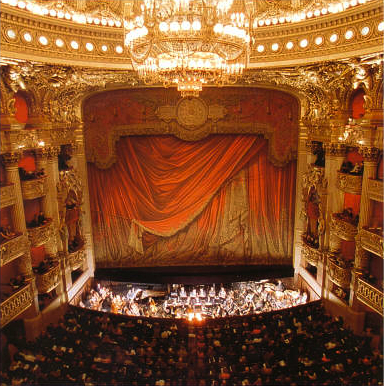

Now that you know the basics of how to attend a classical concert or opera, I hope you'll go forth and enjoy. Many communities give free classical performances, and some cities, like Dallas, even have free opera simulcasts (Dallas has theirs at Klyde Warren Park, and you're free to dress comfortably, bring food (as they used to do a few centuries ago), or visit the food trucks). So find out what your city offers, and have a great time!
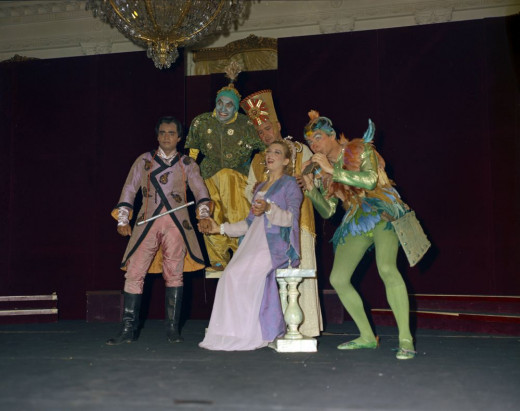
This content is accurate and true to the best of the author’s knowledge and is not meant to substitute for formal and individualized advice from a qualified professional.
© 2015 classicalgeek
